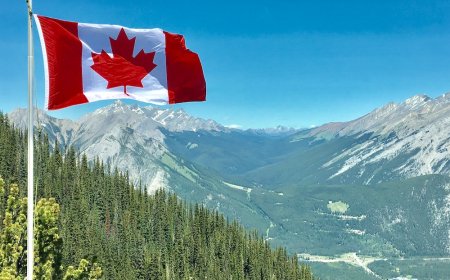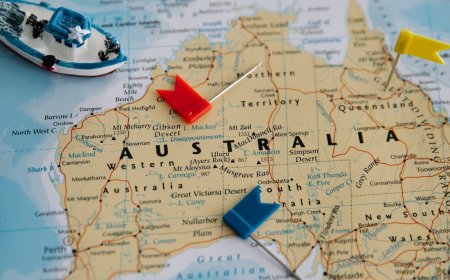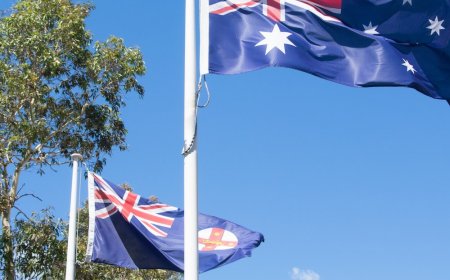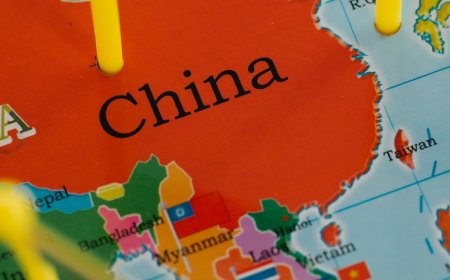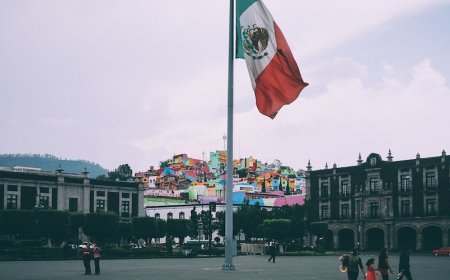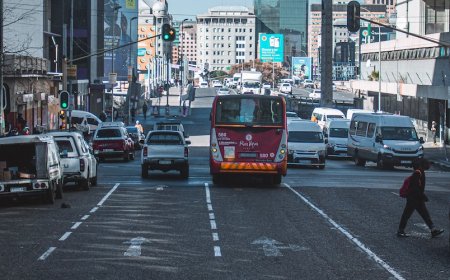How to Apply For Australia Permanent Resident Visa From Pakistan
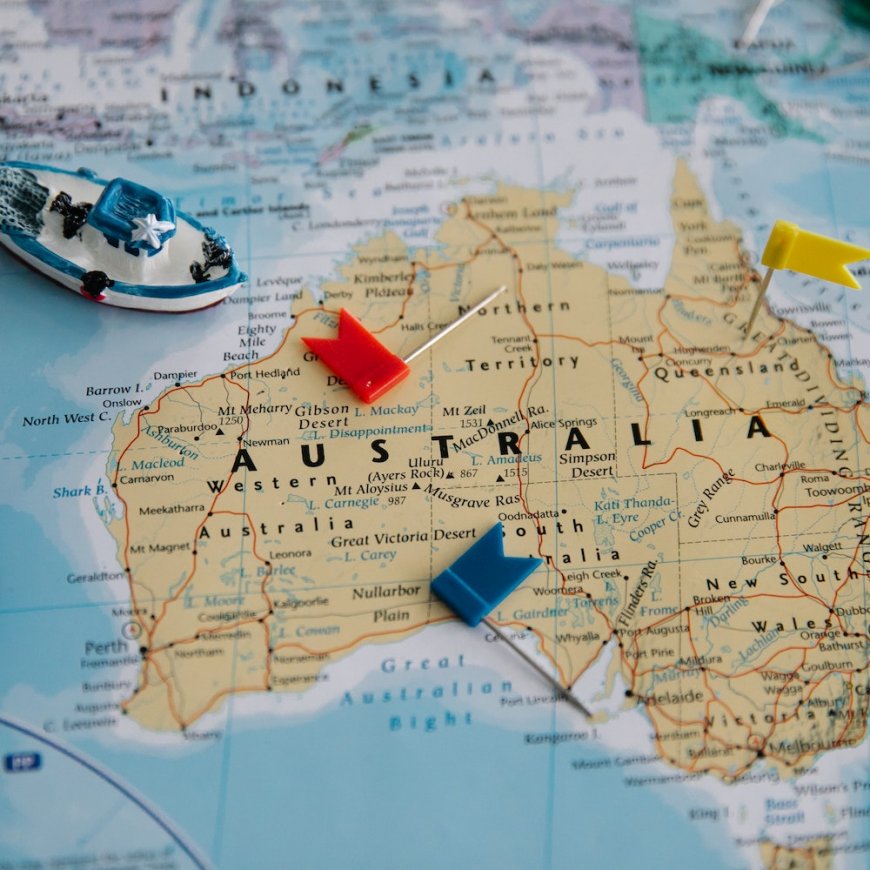
Introduction
An Australia Permanent Resident (PR) visa is a type of visa that allows foreign nationals to live, work, and study in Australia on a permanent basis. This visa offers a range of benefits, such as access to healthcare and social services, the ability to apply for Australian citizenship, and the right to sponsor eligible family members for permanent residency.
There are several ways to obtain a PR visa in Australia, including through skilled migration, family sponsorship, and humanitarian programs. The most common pathway for skilled migration is through the Skilled Independent visa (Subclass 189) or the Skilled Nominated visa (Subclass 190), which are based on a points system that assesses an applicant's age, education, work experience, language proficiency, and other factors.
To apply for a PR visa in Australia, applicants must meet the eligibility requirements for their chosen visa category and submit a complete application that includes all required documentation and fees. The application process can be complex and may require the assistance of a registered migration agent.
Once granted, a PR visa allows the holder to remain in Australia indefinitely and travel in and out of the country as they please. However, PR visa holders must meet certain residency requirements to maintain their status, such as spending a certain amount of time in Australia over a specified period.
It is important to note that the requirements and processes for obtaining a PR visa in Australia can change over time and may vary depending on individual circumstances. It is recommended to consult the official Australian government website or seek the advice of a registered migration agent for up-to-date information on the visa application process and requirements.
Visa Requirements
The requirements for an Australia Permanent Resident (PR) visa may vary depending on the type of visa and the individual circumstances of the applicant. Generally, the following requirements must be met:
-
Eligibility for the chosen visa category: There are several pathways to obtain a PR visa in Australia, such as skilled migration, family sponsorship, and humanitarian programs. Each pathway has its own eligibility criteria, and applicants must meet the requirements for their chosen visa category.
-
Age: There is no age limit for most PR visas in Australia, but certain visa categories may have age restrictions.
-
English language proficiency: Applicants must demonstrate their proficiency in English by taking an approved English language test, such as the International English Language Testing System (IELTS).
-
Health and character requirements: Applicants must undergo a medical examination and provide a police clearance certificate from each country they have lived in for more than 12 months in the past 10 years.
-
Skill assessment: Applicants for skilled migration visas must have their skills assessed by a relevant assessing authority to determine if they meet the requirements for their nominated occupation.
-
Points test: Skilled migration applicants must score a minimum number of points on a points-based assessment that takes into account factors such as age, education, work experience, language proficiency, and other factors.
-
Nomination or sponsorship: Applicants for certain visa categories, such as the Skilled Nominated visa (Subclass 190) or the Employer Nomination Scheme visa (Subclass 186), must be nominated by a state or territory government or sponsored by an eligible employer.
It is important to note that the requirements for an Australia PR visa can change over time and may vary depending on individual circumstances. It is recommended to consult the official Australian government website or seek the advice of a registered migration agent for up-to-date information on the visa application process and requirements.
How To Apply For Permanent Resident Visa
To apply for an Australia Permanent Resident (PR) visa from Pakistan, applicants must generally follow these steps:
-
Choose the appropriate visa category: The first step is to determine the appropriate PR visa category based on your individual circumstances and goals. There are several pathways to obtain a PR visa in Australia, such as skilled migration, family sponsorship, and humanitarian programs.
-
Check eligibility: Once you have chosen the visa category, you must check the eligibility requirements and ensure that you meet them.
-
Obtain a skills assessment: If you are applying for a skilled migration visa, you must obtain a skills assessment from a relevant assessing authority to determine if you meet the requirements for your nominated occupation.
-
Submit an Expression of Interest (EOI): If you are applying for a skilled migration visa, you must submit an EOI through SkillSelect, the Australian government's online system for skilled migration.
-
Receive an invitation to apply: If you are eligible and meet the criteria for your chosen visa category, you may receive an invitation to apply for a visa.
-
Lodge a visa application: Once you receive an invitation to apply, you must lodge a visa application and provide all required documentation and information, including biometric data such as fingerprints and a photograph.
-
Undergo health and character assessments: Applicants must undergo a medical examination and provide a police clearance certificate from each country they have lived in for more than 12 months in the past 10 years.
-
Attend an interview: If requested, you may be required to attend an interview with an immigration officer.
-
Wait for a decision: The processing time for a PR visa application can vary depending on the visa category and individual circumstances. It is important to check the processing time for your visa category.
It is recommended to consult the official Australian government website or seek the advice of a registered migration agent for guidance on the visa application process and requirements.
Application Fees
The application fees for an Australia Permanent Resident (PR) visa may vary depending on the type of visa and individual circumstances. As of September 2021, the following are the fees for some of the common PR visa categories:
- Skilled Independent visa (Subclass 189): AUD 4,045 for the primary applicant
- Skilled Nominated visa (Subclass 190): AUD 4,045 for the primary applicant
- Employer Nomination Scheme visa (Subclass 186): AUD 4,045 for the primary applicant
- Partner visa (Subclasses 309/100 and 820/801): AUD 7,715 for the primary applicant
It is important to note that the application fees are subject to change and may vary depending on individual circumstances. Some visa categories may also require additional fees for health assessments, biometrics, and other services. It is recommended to check the official Australian government website or consult a registered migration agent for up-to-date information on visa fees and charges.
Embassy Appointment & Fees
To apply for an Australia Permanent Resident (PR) visa from Pakistan, applicants must submit their application online through the Department of Home Affairs' website. Therefore, there is no need to visit the Australian embassy in person to apply for the PR visa.
However, after submitting the online application, you may need to attend an appointment at an Australian Visa Application Centre (AVAC) or a biometric collection centre to provide biometric data such as fingerprints and a photograph. These centres are located in major cities in Pakistan and are authorized by the Australian government to collect biometric data.
The fees for biometric data collection vary depending on the type of visa and the location of the AVAC or biometric collection centre. As of September 2021, the fees for biometric data collection for an Australia PR visa application in Pakistan are:
- Biometric data collection fee: PKR 7,700
- Priority service fee (optional): PKR 29,900
It is important to note that these fees are subject to change, and you should check the official Australian government website or consult a registered migration agent for up-to-date information on fees and charges.
What's Your Reaction?











